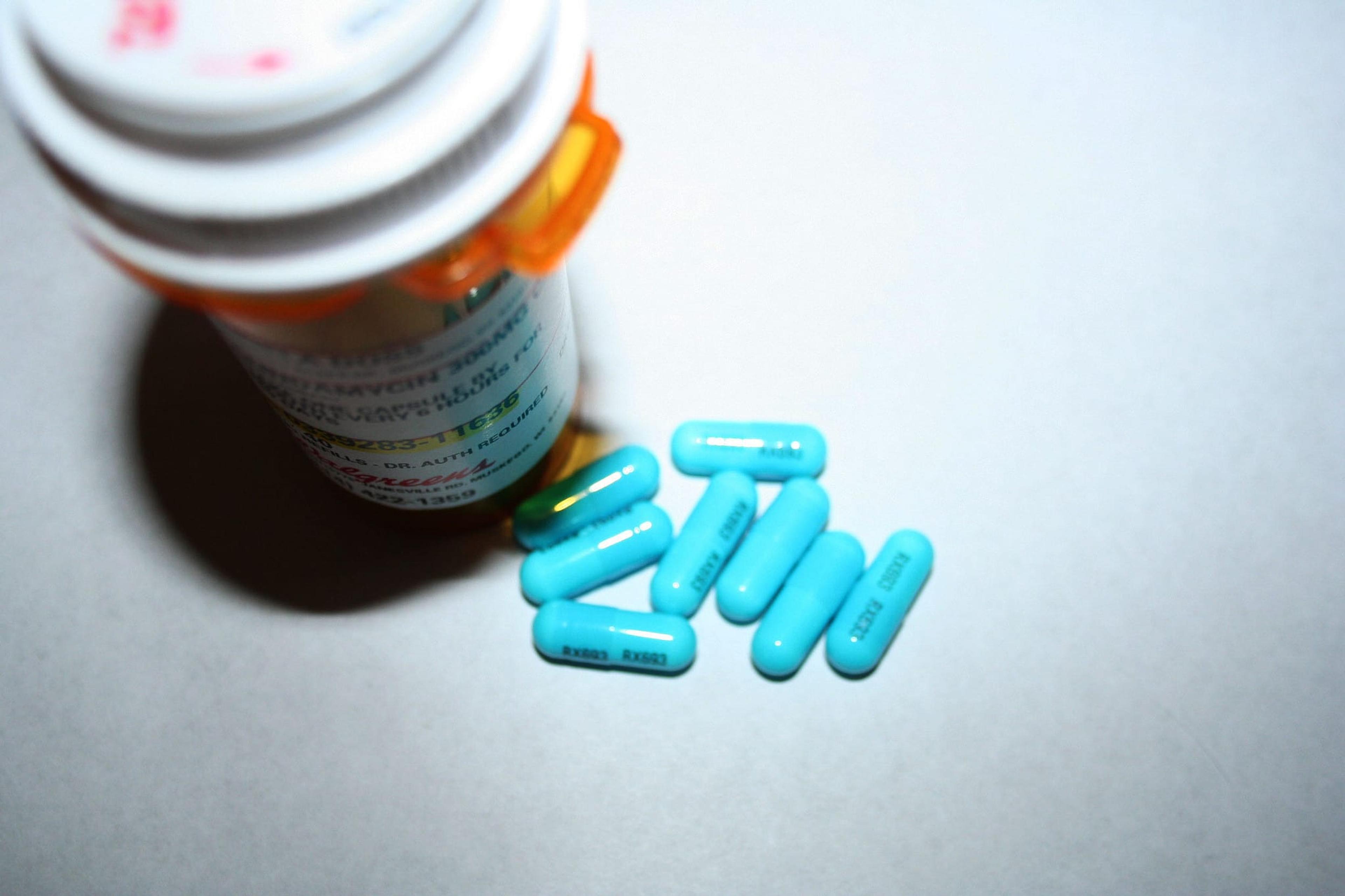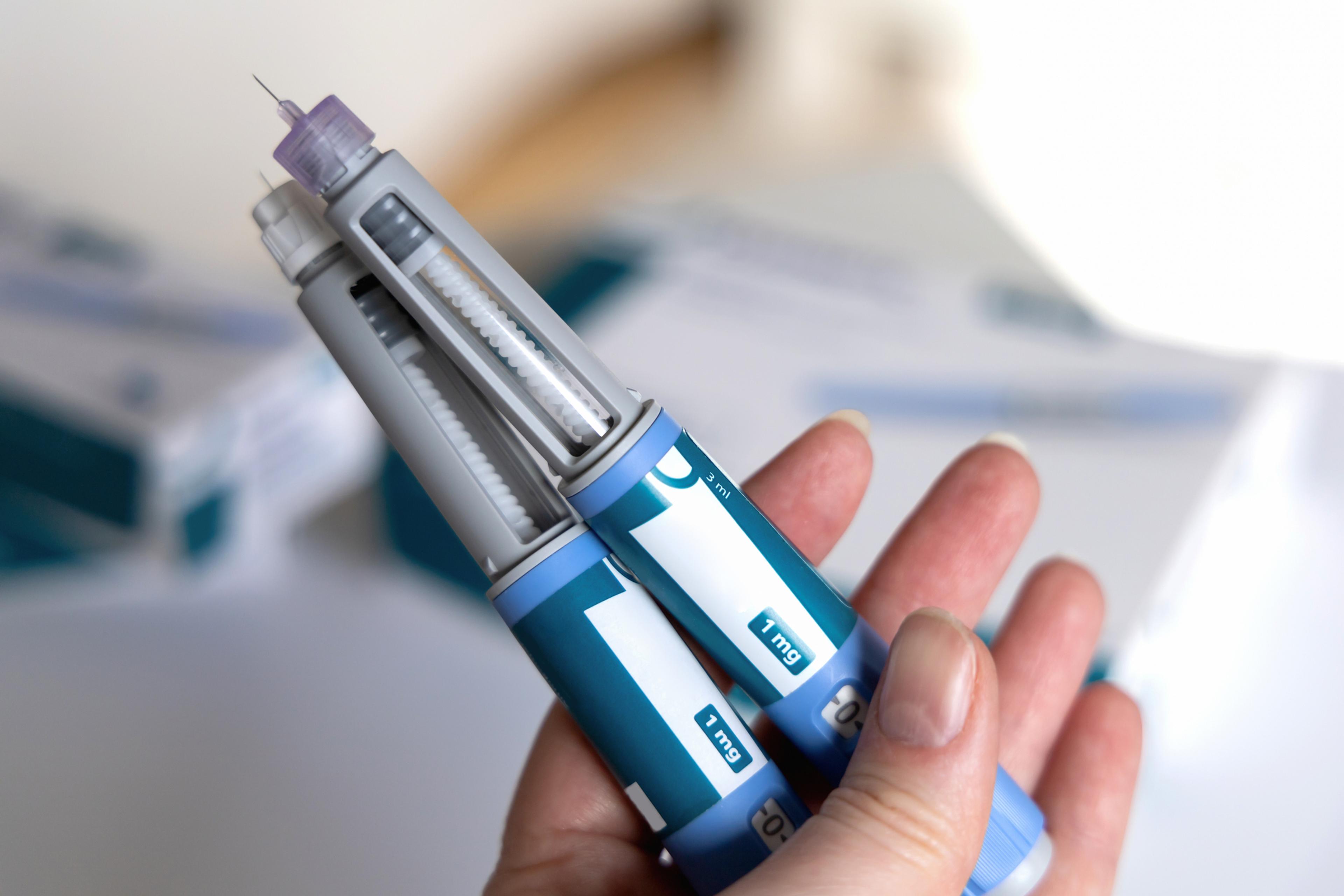What You Need to Know About Prescription Drug Costs
Laurie Wesolowicz
| 3 min read
Director II of Pharmacy Services Clinical at Blue Cr...

Consumers love shopping for the best deal when it comes to groceries, cars or clothing, but may not realize that it’s just as important to make wise financial decisions when purchasing medication. While you might think there’s one “best drug” for you to take, there are often numerous options—and some will cost you a lot less at the pharmacy without impacting your health. The secret is not getting caught up in the myth that spending more for a drug means higher quality or better results. The reality is that lower cost medications most often are the same quality as higher cost ones. So why the price difference? Here’s the real story behind what goes into drug costs and how to save yourself money on your next prescription:
- Specialty drugs can be extremely expensive. Specialty drugs are made to treat chronic or difficult health conditions like cancer or multiple sclerosis and may require special handling, administration or monitoring. Their costs can clock in higher due to drug development expenses and a lack of competition in the market, leaving some consumers digging for change to cover their costs. (In 2013, the average annual price of specialty drugs surpassed the median U.S. household income.)
- The high cost of specialty drugs affects everyone. Specialty drug costs have spiked since 2000, and people with health insurance tend to only pay around 2 percent of the total price. This means your health insurance is taking care of a large chunk of that money, resulting in higher premiums for you and higher costs for employer-sponsored plans.
- Brand-name drugs can also be expensive. With flashy ad campaigns on TV and glossy ads in magazines, brand name drugs are usually what people think of when they have a health issue. But they are also pricier. There may not be competition because brand-name drugs are typically the first to be developed, meaning the developer has a patent stopping others from making similar drugs (and has to make back the money spent developing the drug).
- Generics are just as effective as the more expensive drugs. As soon as the patent on a brand-name drug expires, generics can be approved by the FDA and made. Generic drugs use the same active ingredients and produce the same effects in the body as brand-name equivalents. Generics are also thoroughly researched and must be proven to be just as safe as brand-name drugs and approved by the FDA in order to hit the market. With matching doses and strengths, generic drugs also match brand names in the rate at which the medication is absorbed into the bloodstream for specialty treatments, making a switch to a generic drug worry-free for most consumers. In fact, generics and brand-name drugs have the same level of patient satisfaction.
- Generics are much lower in cost. Generic drugs can cost as much as 90 percent less than brand-name medications. Aside from not having the cost of initial patents and experiments needed for brand name drugs to enter the market, generics are able to sell for less because they generally do not pay for costly advertising, marketing and promotion. You never see an ad on TV for the generic versions of brand-name drugs.
The next time your doctor hands you a prescription, make sure to ask: Is this the most cost-effective drug for me? Chances are you have options when it comes to your medication (even if you have a disease treated with specialty drugs), so don’t be afraid to shop around for the best one. Interested in learning more about prescription drugs and pharmacies? Explore these blogs:
- Vaccines at the Pharmacy: What You Need to Know
- Four Commonly Asked Pharmacy Questions Answered
- Do You Know the Best Way to Store Medication?
Photo credit: A.





